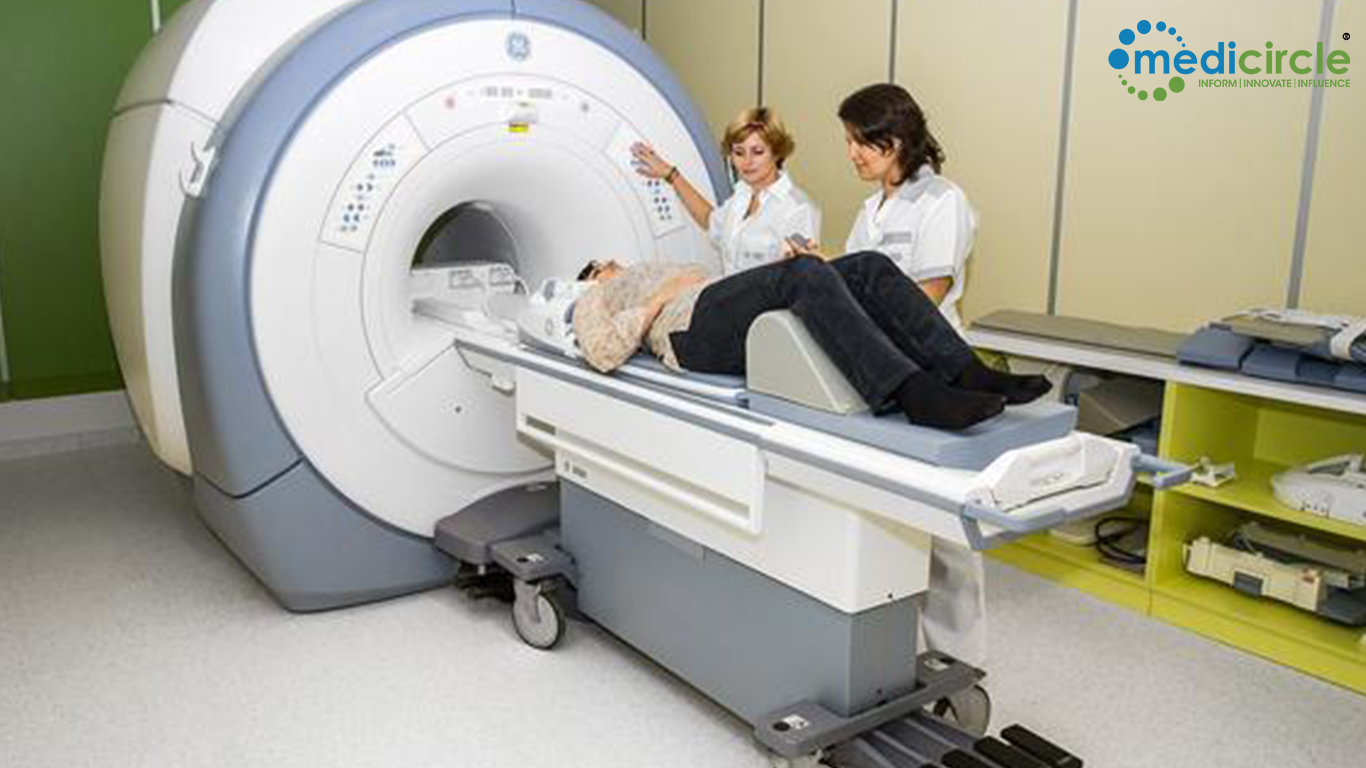Scientists at the Weizmann Institute of Science have made a revolutionary advancement in medical imaging that could significantly enhance the early detection of pancreatic cancer, a disease known for its high mortality rate. This innovative magnetic resonance imaging (MRI) method, described in a recent issue of Science Advances, utilizes a unique metabolic process of cancer cells to reveal tumors that are often undetectable with conventional imaging techniques.
The Urgency of Early Detection in Pancreatic Cancer: Pancreatic cancer is relatively rare but extremely deadly, often diagnosed at a late stage when treatment options are limited. Experts project that by 2030, it could become the leading cause of cancer-related deaths due to its late detection and poor prognosis. The pancreas’s deep location within the abdomen makes it challenging to detect early tumors with traditional imaging methods.
Traditional MRI Limitations: “Traditional MRI fails to detect pancreatic tumors because the scanning is not specific enough,” explained Prof. Lucio Frydman, one of the study’s lead researchers. “Doctors can’t see the tumor until the patient feels its effects.” This limitation has driven the need for more precise imaging techniques to improve early diagnosis.
Leveraging the Warburg Effect: The new MRI technique is based on the “Warburg effect,” a phenomenon where cancer cells metabolize glucose at unusually high rates compared to healthy cells. The researchers injected mice with chemically altered glucose containing deuterium, a stable isotope of hydrogen. This allowed them to track the metabolic products unique to cancer cells.
How the Technique Works: “In healthy cells, glucose digestion ends with carbon dioxide, which we exhale,” Frydman said. “Cancer cells, however, stop this process early, producing lactate, which aids in their proliferation.” By detecting the small amounts of deuterized lactate produced by cancer cells, the team was able to overcome the interference from abundant water signals that typically obscure conventional MRI results.
Superior Detection Capabilities: In trials, the new MRI scans illuminated even the smallest tumors, while healthy tissues remained dark. This level of precision could not only improve early detection but also assist in selecting and monitoring treatments.
Potential Impact on Pancreatic Cancer Diagnosis: “This could establish deuterium MRI as a preferred method for diagnosing hard-to-identify pancreatic tumors and choosing the treatment that will generate the best prognosis,” Frydman added. This innovative technique promises a new era in the early detection and treatment of pancreatic cancer, potentially saving countless lives through earlier and more accurate diagnosis.
The development of this new MRI technique represents a significant leap forward in the fight against pancreatic cancer. By focusing on the unique metabolic processes of cancer cells, researchers at the Weizmann Institute of Science have created a method that could revolutionize how this deadly disease is detected and treated. Early diagnosis is critical in improving survival rates, and this new technology offers hope for a future where pancreatic cancer is identified and addressed much sooner. As this technique moves closer to clinical application, it could become an invaluable tool in the global effort to combat cancer and save lives.

 The development of this new MRI technique represents a significant leap forward in the fight against pancreatic cancer.
The development of this new MRI technique represents a significant leap forward in the fight against pancreatic cancer.










.jpeg)

.jpg)


.jpeg)
.jpeg)


.jpeg)
.jpg)





.jpeg)


